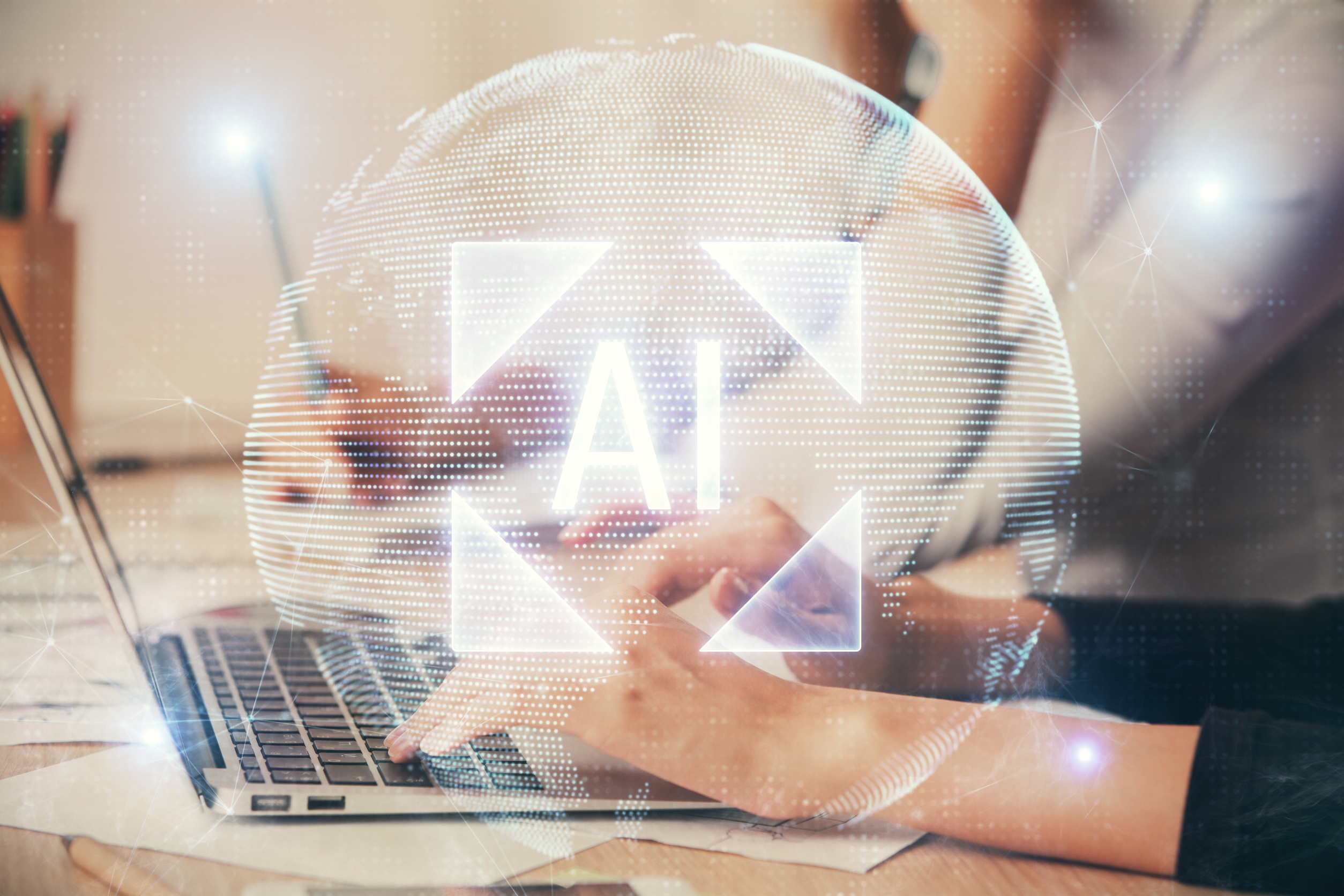AI interactions may have detrimental effects on employee wellbeing

Loneliness, insomnia, and increased after-work drinking are prevalent among employees who frequently interact with AI systems. This, said Dr Pok Man Tang, Assistant Professor of Management at the University of Georgia, places the onus on organisations to address the potential dangers AI systems in the workplace.
Dr Pok, who is also Lead Researcher of a recent study conducted by the American Psychological Association across the US, Taiwan, Indonesia, and Malaysia, which found negative effects associated with AI interaction in the workplace.
He added, “The rapid advancement in AI systems is sparking a new industrial revolution that is reshaping the workplace with many benefits but also some uncharted dangers, including potentially damaging mental and physical impacts for employees. Humans are social animals, and isolating work with AI systems may have damaging spill-over effects into employees’ personal lives.”
There are, however, benefits to working with AI systems, as the study revealed. Frequent AI system users are more likely to exhibit helping behaviours towards their co-workers, which may be a response to their own feelings of loneliness and the need for social contact.
Furthermore, employees with higher levels of attachment anxiety, characterised by insecurity and concerns regarding social connections, displayed stronger responses to working with AI systems. They either display positive reactions such as helping others, or negative ones, such as experiencing loneliness and insomnia.
READ MORE: Careers job candidates should aspire for in the age of AI
To alleviate loneliness, Dr Tang suggested implementing mindfulness programmes and other positive interventions. “AI will keep expanding so we need to act now to lessen the potentially damaging effects for people who work with these systems,” he concluded.



